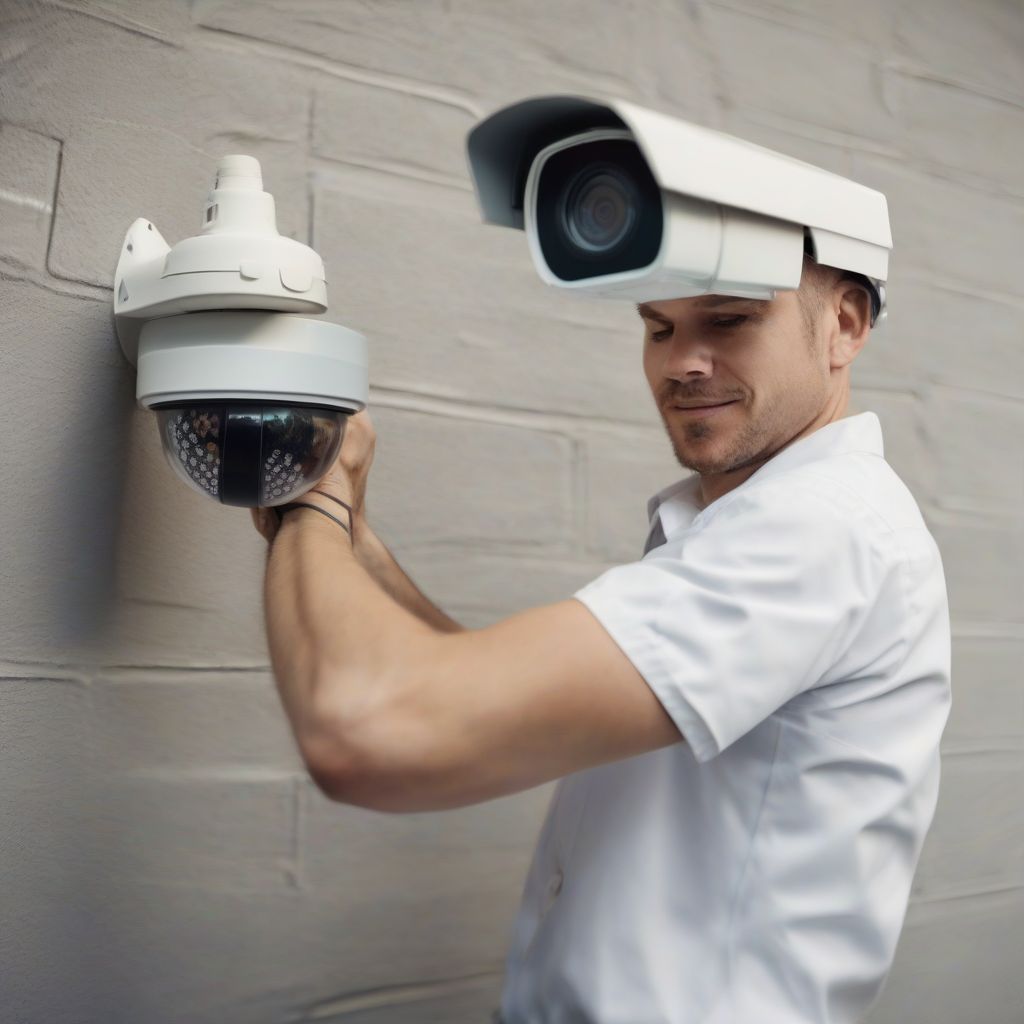Security Cameras Business: A Comprehensive Guide
In today’s world, security is a top priority for businesses of all sizes. As a result, the Security Cameras Business is booming. If you’re thinking about starting a security cameras business, it’s essential to understand the ins and outs of the industry. This comprehensive guide will provide you with valuable insights and knowledge to help you succeed.
What is a Security Cameras Business?
A security cameras business involves the sale, installation, and maintenance of security camera systems for residential and commercial clients. This can include a wide range of services, such as:
- Consultation and system design: Assessing the client’s security needs and designing a customized camera system.
- Product sourcing and sales: Offering a variety of cameras, recording equipment, and accessories.
- Installation and configuration: Setting up the cameras, wiring, and configuring the system for optimal performance.
- Maintenance and support: Providing ongoing maintenance, troubleshooting, and technical support to clients.
Why is the Security Cameras Business in Demand?
The demand for security cameras is driven by several factors, including:
- Rising crime rates: Unfortunately, crime is a reality in many parts of the world, making businesses and individuals more security conscious.
- Increased awareness of security risks: Businesses are becoming more aware of potential threats, such as theft, vandalism, and liability issues.
- Advancements in technology: Security cameras are becoming more affordable, sophisticated, and easier to use.
- Insurance incentives: Insurance companies often offer discounts for businesses with security systems in place.
Key Considerations for Starting a Security Cameras Business
1. Market Research and Target Audience
- Identify your niche: Will you focus on residential, commercial, or both?
- Research your competitors: What services do they offer? What are their pricing strategies?
- Define your target market: Who are your ideal customers? What are their specific security needs?
2. Products and Services
- Camera types: Offer a variety of cameras, including dome, bullet, PTZ (pan-tilt-zoom), and hidden cameras.
- Recording options: Provide choices for DVRs (Digital Video Recorders) or NVRs (Network Video Recorders).
- Remote monitoring: Offer mobile apps and web interfaces for remote viewing and system management.
- Additional services: Consider adding value with services like alarm integration, access control systems, and cybersecurity solutions.
3. Legal and Licensing Requirements
- Business licenses: Obtain all necessary business licenses and permits required in your area.
- Insurance: Secure liability insurance to protect your business from potential risks.
- Industry certifications: Consider obtaining industry certifications to enhance your credibility and expertise.
4. Marketing and Sales Strategies
- Develop a professional website: Showcase your services, products, and customer testimonials.
- Online marketing: Utilize search engine optimization (SEO), social media marketing, and online advertising to reach potential clients.
- Networking: Attend industry events, join business associations, and build relationships with contractors and other professionals.
- Referral programs: Offer incentives for existing customers to refer new clients.
lozaviral.com/wp-content/uploads/2024/08/security-camera-installation-66c5ad.jpg" alt="Security Camera Installation" width="1024" height="1024">Security Camera Installation
FAQs about the Security Cameras Business
Q: What are the startup costs associated with a security cameras business?
A: Startup costs can vary depending on factors like the size of your business, inventory, and marketing expenses. Expect costs for equipment, licensing, insurance, marketing materials, and potentially vehicle expenses.
Q: What are some essential skills for success in the security cameras business?
A: Technical skills in camera installation, networking, and troubleshooting are crucial. Strong customer service, communication, and sales skills are also essential for building client relationships.
Q: What are some future trends in the security cameras business?
A: The industry is constantly evolving with trends like AI-powered analytics, cloud-based storage solutions, and integration with smart home devices. Staying updated on these trends will keep your business competitive.
Conclusion
The security cameras business offers significant potential for growth and profitability. By understanding the industry, conducting thorough market research, and implementing effective business strategies, you can establish a successful venture. Remember to prioritize customer satisfaction, stay informed about technological advancements, and continuously adapt to the changing security landscape. To explore further insights into business management, operations, and finance, browse our website for valuable resources and expert advice.
